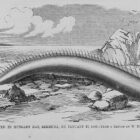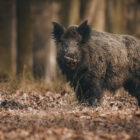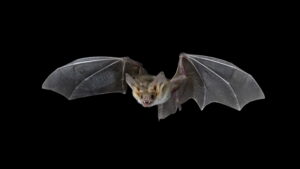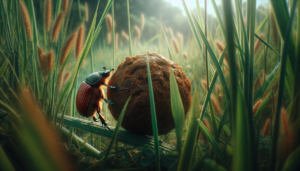Why do otters produce a smelly scent from anal glands?

Otters possess a fascinating yet distinct trait that often puzzles and intrigues observers: the production of a pungent and musky odor from their anal glands. This scent serves various crucial purposes in the life of otters, and understanding the reasons behind this intriguing behavior unveils a complex facet of their social and survival strategies.
Biological and Social Significance
The secretions from the anal glands of otters are responsible for the distinct musky smell that aids in communication and social interactions. Studies, such as those found in “Otters: Ecology, Behaviour and Conservation” by Hans Kruuk and “The Encyclopedia of Marine Mammals” edited by William F. Perrin, reveal that otters use these scents as a means of communication to establish territory, communicate reproductive readiness, and maintain social hierarchies within their communities.
Territorial Marking and Communication
The musky scent serves as a form of olfactory communication, leaving a distinct trail that helps otters establish their territories and convey information to other otters in the vicinity. The anal gland secretions carry information about the otter’s identity, reproductive status, and dominance in the group, influencing interactions among individuals.
Each otter’s anal gland secretion carries a unique chemical fingerprint, much like a signature scent. In a world where individuals may be separated by vast stretches of water, this olfactory identification becomes crucial for maintaining social bonds. Picture it as a scented business card, exchanged silently but powerfully between otters, reaffirming their connections in the vast aquatic landscape they call home.
Territorial marking isn’t solely about boundaries; it’s also a strategic play for resource defense. Otters are renowned for their voracious appetites, particularly their penchant for fish. By claiming and defending territories rich in aquatic delights, otters ensure a steady and abundant supply of food. In this watery chessboard, the olfactory moves they make determine not just where they reside but also the sustenance that flows through their territories.
Reproductive Signaling and Social Dynamics
During the breeding season, the scent from the anal glands plays a vital role in signaling reproductive readiness. Male otters use these scents to communicate their availability and dominance, while females use it to indicate their estrus cycle, thus aiding in the facilitation of mating behaviors and social dynamics within otter groups.
Protection and Defense
While primarily serving as a means of communication, the pungent scent also acts as a form of defense. The odor can deter potential predators or intruders, serving as a warning sign or a means to establish territorial boundaries and reduce confrontations among otters. By leaving their aromatic signature on rocks, logs, and other prominent features, otters establish not only their presence but also their claim to valuable territories abundant with fish and other aquatic delights.
While territorial marking may seem like a confrontational strategy, it also serves a subtle purpose—minimizing direct confrontations among otters. By relying on scent to communicate boundaries and resource ownership, otters engage in a form of olfactory diplomacy. This indirect approach reduces the risk of physical confrontations, preserving energy for the daily challenges of hunting, foraging, and navigating their watery domains.










